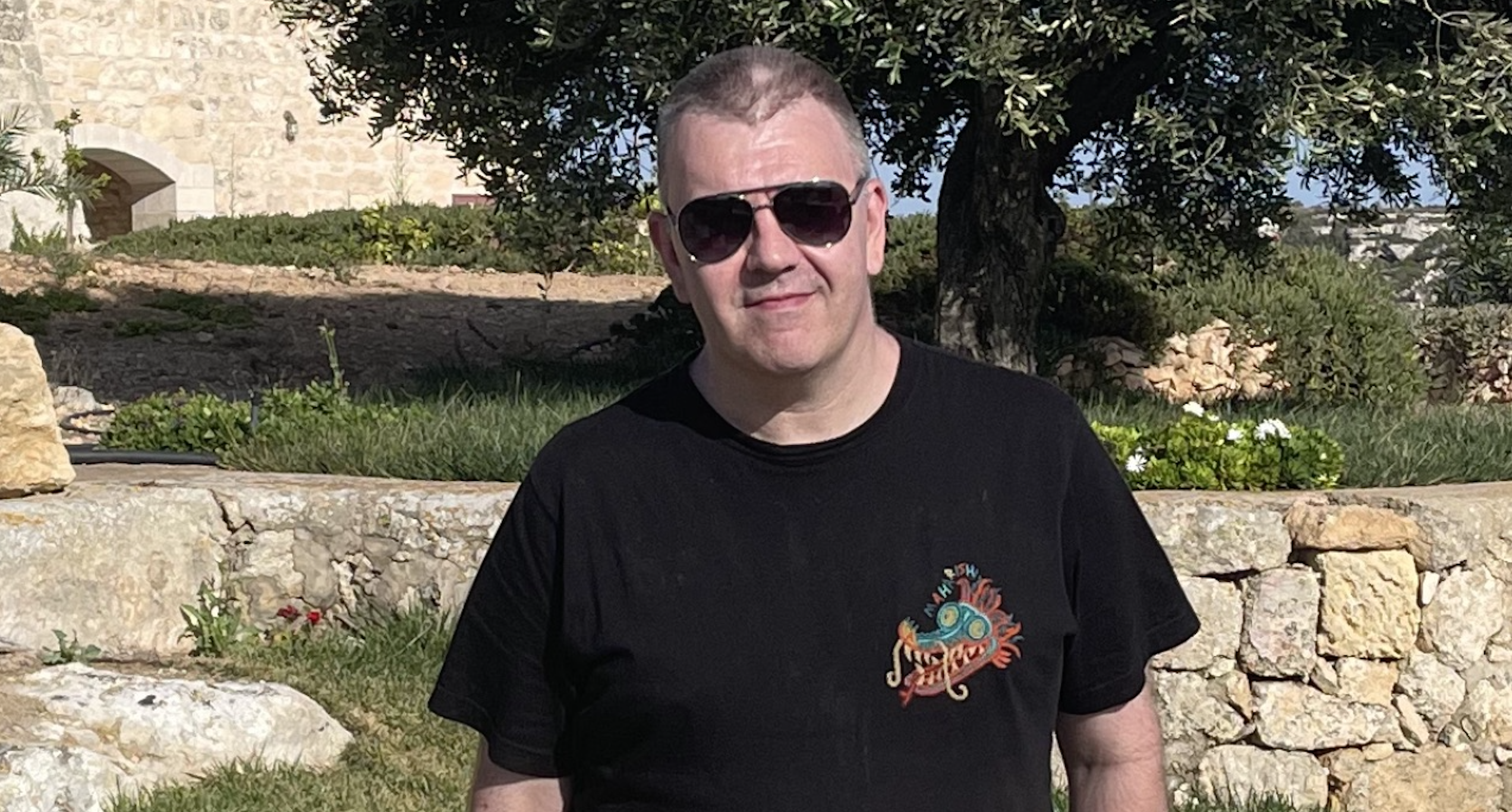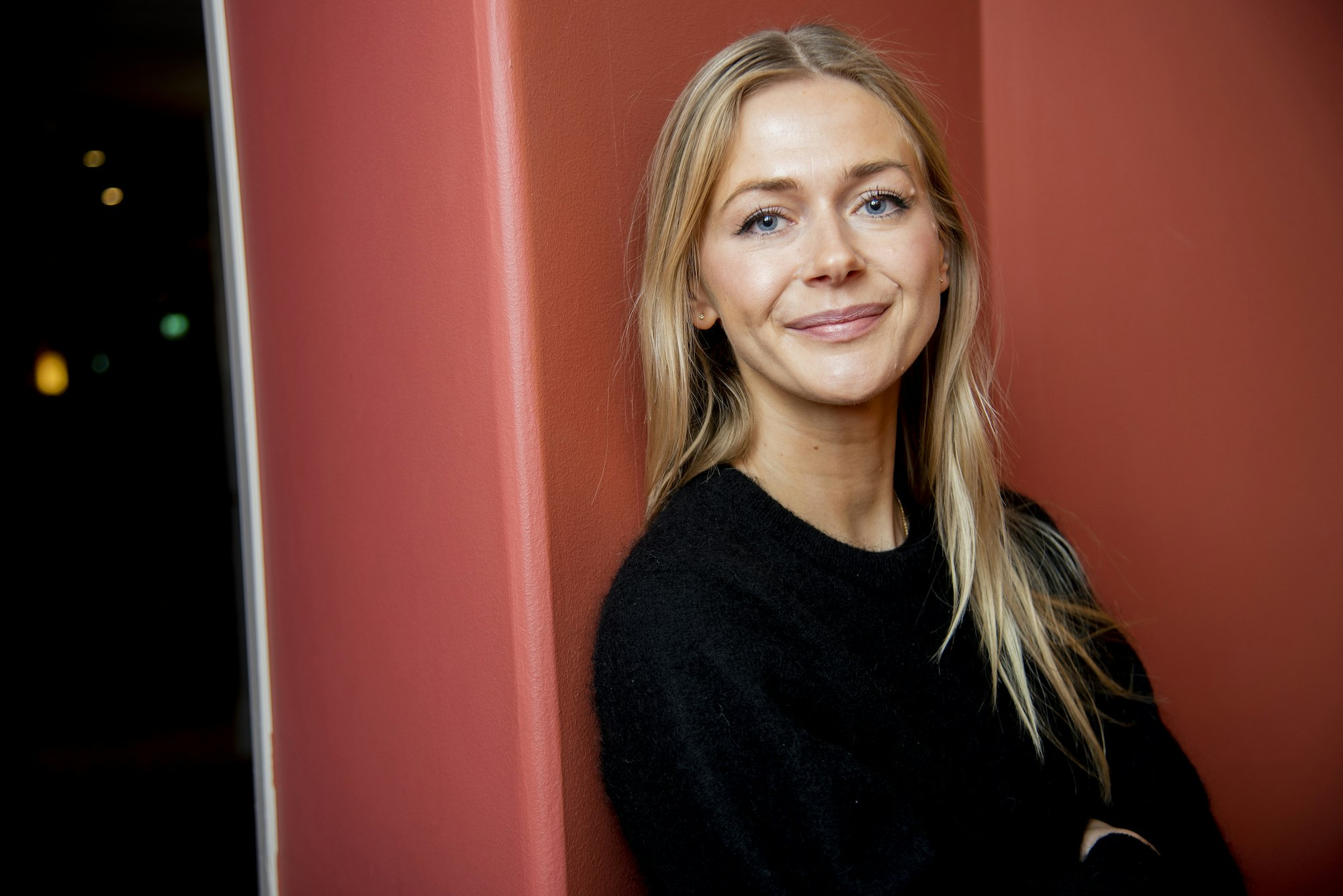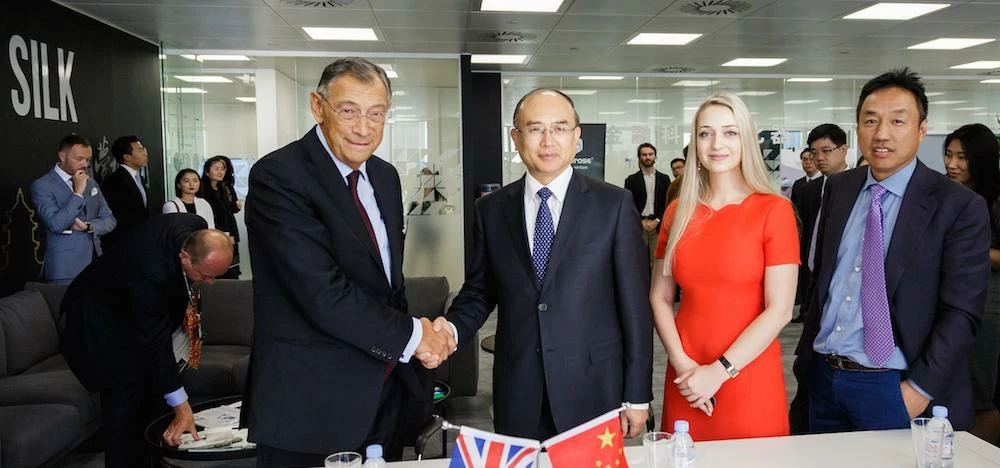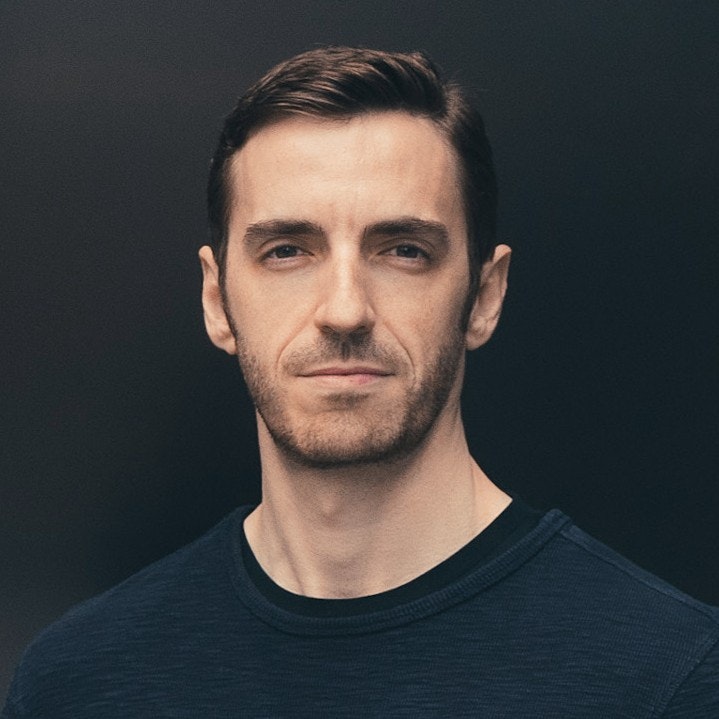On the face of it, the job of an undercover agent infiltrating terrorist organisations or criminal mobs might seem quite different to running a startup. But the two have more in common than you might think, according to a new VC vetting service.
Dark Minds — a London-based company that screens founders’ personalities based on techniques from the world of espionage — was cofounded by Richard Skaife, partner at Maltese VC firm The Conscious Fund, and another person we’ll be referring to as “Dr C” in this piece.
Dr C has 40k hours of clinical psychological experience and “extensive experience working with undercover officers” for many years with “very high security clearance”. While the UK’s Official Secret Act prevents him from going into too much detail about his past experience, we can infer that Dr C has spent a pretty decent amount of time assessing undercover spies.
Now he’s using those intelligence skills to help investors vet founders with military precision.
What do spies have in common with founders?
“The context is different, but the challenges about coping with pressure and not becoming burnt out or emotionally and behaviourally disregulated and making poor decisions with risks are all the same,” he says. “All the methodologies, the clinical experience and expertise, and the frameworks and the screens are transferable.”
Dr C says that the vetting process Dark Minds offers is a “360-degree, fully holistic process” which includes “semi-structured interviews and psychometric measures” complemented by gathering “candid information from multiple sources”.
He’s careful not to give too much away about exactly what these sources could be, but does say that Dark Minds can’t just go and speak to a founder’s loved ones in secret: “We’ll be contracted to do the vetting and analysis on people and we can’t step out of that and talk to family members or friends without permission and explicit consent.”
'We can predict behaviour'
In terms of what this process can tell potential investors, Dr C makes some pretty bold claims.
“We can predict behaviour,” he says. “By having a thorough analysis of personality traits and function, we can see where people's pinch points are and their ability or inability to tolerate stress and challenge.”
Dr C adds that his experience allows him to spot traits like dishonesty in founders: “There are clear and identifiable signs of when people are not telling the truth. These are well known and they're indicators that people might have a tendency to hide things.”
Rigid thinking patterns will be a problematic personality trait, as well as inflexibility [and] narcissism
He also says that he’s been surprised by the amount of people “with high levels of impulsivity” in the startup world, but argues that this can be a helpful quality if balanced out by other positive traits.
“Rigid thinking patterns will be a problematic personality trait, as well as inflexibility, narcissism and people who find it difficult to take directions — a lack of adaptability,” he says. “People who tend to make good decisions are more open, conscientious and less neurotic.”
Is this a little… over the top?
Skaife tells Sifted that Dark Minds is simply providing investors with more information in a game that is highly dependent on judging people’s personalities.

“How did it come about? It's to solve the very, very specific need that's age-old in VC: that you are taking a huge leap of faith on people,” he says. “The reality is you’re always being evaluated during an investment process and quite possibly by someone who does not have the best of skills.”
He adds that the process isn’t designed to just catch people out, but also serves to challenge biases that investors might have about a founding team: “I foresee many instances when this is what convinced someone to invest rather than prevented investment. Too much investment is done into ‘people who look like me’.”
When the going gets tough in the market that's really when you see people's true characters come out
Dark Minds is already working with “a handful” of VCs, he adds, and will be offering two services: a full vetting process that will likely cost somewhere between $5k-10k, and a training programme for VCs to teach “their spidey senses to tingle a bit more often”, which will cost around a grand.
Skaife adds that the service isn’t just designed to catch the next Sam Bankman-Fried or Elizabeth Holmes before they do too much damage, but to spot founders who might struggle with the pressure of today’s tough market conditions.
“It's not just honing in on wrong'uns — that's one part of it — but a lot of it is looking at what they're going to behave like and how they're going to be as people,” he says. “When the going gets tough in the market that's really when you see people's true characters come out.”
The same, of course, can be said of VCs — and it’s easy to imagine that not all founders will love the idea of working with investors that employ retired spooks to analyse them.


